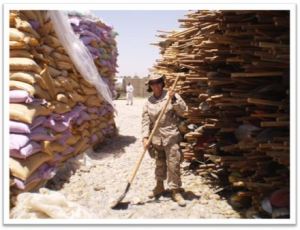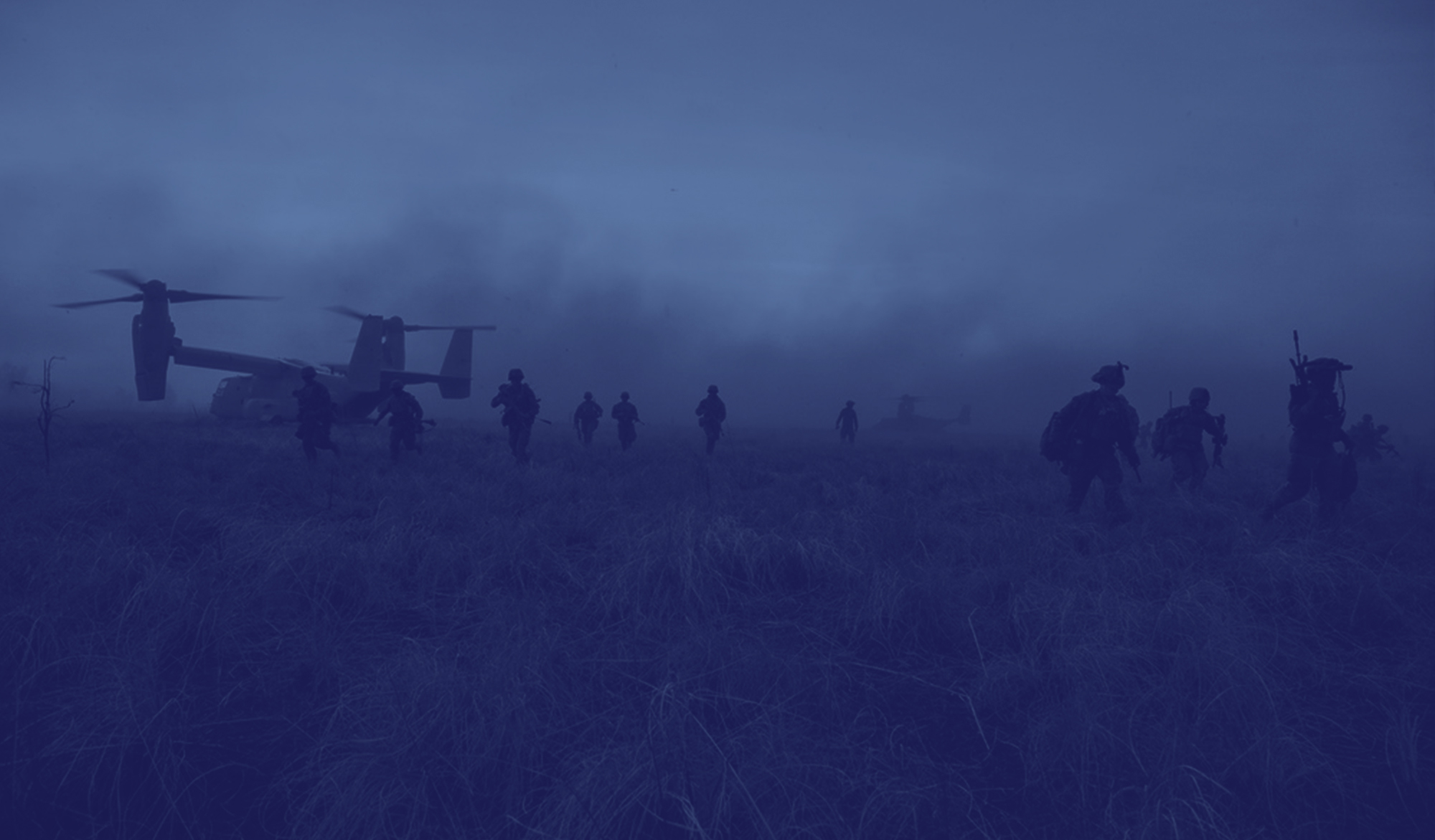By Capt Dina Poma-Barnes
Agriculture Officer, Regional Command Southwest
United States Marine Corps Reserve

Helmand River Valley is a lush oasis of green in the middle of the desert, and is said to have the same climate and soil quality as the California Imperial Valley. Melons, almonds, pomegranates, wheat, a slew of various different vegetables, and yes, poppy all grow here. The people of Helmand have been farming for generations, and though they still use rudimentary methods and prehistoric farming tools, they get by in this still very agrarian society. The Helmandi farmers are accustomed to growing the same crops, and use outdated and heavily damaged irrigation systems. Part of my job here in Helmand, as the Agriculture Officer, is to assist the farmers of Helmand by working with our interagency partners such as USAID and USDA, in providing a more stable environment so that farmers can increase their economic development in the agriculture sector. Marines in RC (SW) provide security and funding via Commander’s Emergency Response Program (CERP) to assist farmers and provide a means for alternative crops in lieu of poppy growing.
When it comes to agriculture, there is more than meets the eye here in Helmand. Whereas farming is not only a source of nutrition and income, growing the licit, or legal crops, is not always the most lucrative or easiest form of income for the farmers. Poppy growth in Afghanistan is rampant, and it is especially flourishing in Southwest Helmand. The counternarcotics aspect of the poppy industry is very much on center stage when dealing with agriculture. There are some wonderful agricultural developments programs run out here which try to provide incentives to farmers and provide them with alternatives to growing poppy. I am currently assisting the Helmand Provincial Reconstruction Team (PRT) run a counternarcotics program called the Food Zone Program. As the provincial governor’s flagship program, the Food Zone Program offers farmers wheat seed, fertilizer, and the choice of either alfalfa or vegetable seed as an incentive to grow licit crops vice poppy. This program is multifaceted in that it not only gives highly subsidized agricultural products and training to farmers, but also it increases the populations’ confidence in their government and their ability to provide public service to its people.

